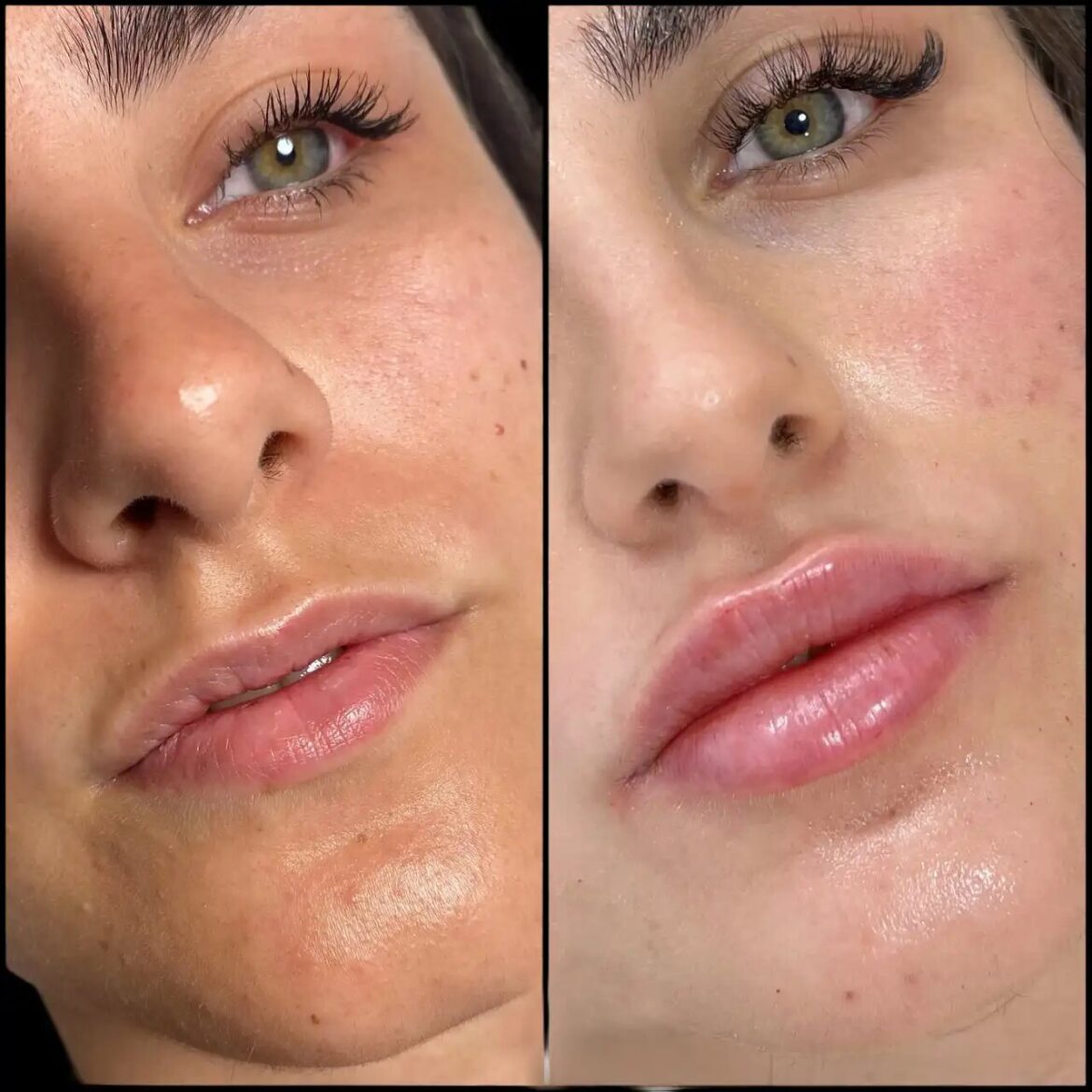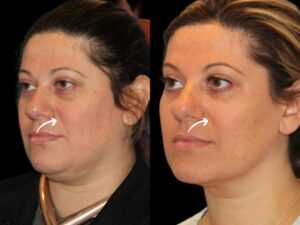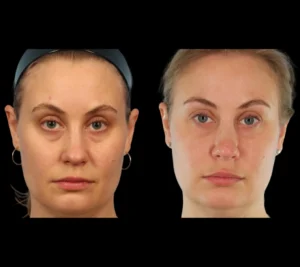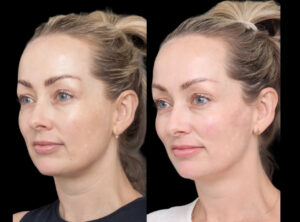Shocking Benefits of Microwaving Your Healthy Meals
Does Microwaving Food Kill Nutrients? Separating Fact from Fiction
If you’ve ever wondered, does microwaving food kill nutrients?, you’re not alone. It’s a question that many people ask, especially when they’re trying to eat healthy and make better food choices. With all the myths floating around about microwave ovens and their effect on food, it’s easy to get confused.
The truth might surprise you: Microwaving food does not kill nutrients any more than other cooking methods—and in many cases, it actually helps preserve them better. In this article, we’ll explore how microwaving works, what happens to nutrients during cooking, and why microwaving might be one of the healthiest ways to prepare your meals.
🔬 What Happens to Nutrients When You Cook Food?
Before we dive into microwaving specifically, let’s understand what happens to food when it’s cooked.
Foods contain important nutrients like:
-
Vitamins (such as vitamin C, B vitamins, and vitamin A)
-
Minerals (like iron, calcium, and potassium)
-
Proteins
-
Healthy fats
-
Antioxidants
Some of these nutrients are sensitive to heat, water, or air, meaning they can break down or be lost during the cooking process. For example:
-
Vitamin C is very sensitive to heat and breaks down quickly when exposed to high temperatures.
-
B vitamins, such as folate and B6, are water-soluble and can leak out into cooking water.
-
Minerals like iron or magnesium are more stable and usually remain in food during cooking.
So yes, cooking can reduce nutrient levels, but that happens with all methods—boiling, frying, roasting, and yes, even microwaving. The key is how much is lost, and that’s where the microwave shines.
⚙️ How Does a Microwave Oven Work?
Microwave ovens use electromagnetic waves—specifically microwaves—to heat food. These waves cause water molecules in the food to vibrate, creating heat. That heat then cooks the food.
Microwaves cook food:
-
Quickly
-
Evenly
-
Without needing extra fat or water
Because the cooking time is short and there’s minimal water involved, microwaving can actually help retain more nutrients than methods like boiling or frying.
🥦 Does Microwaving Food Kill Nutrients?
Let’s get straight to the question: Does microwaving food kill nutrients?
The answer: Not significantly—and often less than other methods.
Several studies and experts agree:
-
A study published in the Journal of Food Science found that microwaving preserved more antioxidants in vegetables like broccoli and spinach compared to boiling.
-
According to Harvard Medical School, microwave cooking is one of the best ways to retain nutrients due to shorter cooking times.
-
The World Health Organization (WHO) has stated that microwave ovens, when used properly, are safe and do not make food unhealthy or radioactive.
🔍 Nutrient-by-Nutrient Breakdown
Let’s take a closer look at how specific nutrients respond to microwaving:
✅ Vitamin C
-
Highly sensitive to heat and water.
-
Microwaving retains more vitamin C than boiling because it uses less water and takes less time.
✅ B Vitamins (like B6, B12, and folate)
-
These are water-soluble and often get lost in boiling water.
-
Since microwaving requires little to no water, more B vitamins stay in the food.
✅ Protein
-
Protein quality remains unchanged in the microwave.
-
Overcooking (in any method) can make proteins harder to digest, so shorter microwave times are actually beneficial.
✅ Antioxidants (like lycopene and flavonoids)
-
Heat can increase the availability of some antioxidants. For example, microwaving tomatoes can boost lycopene content.
🔄 Microwaving vs Other Cooking Methods
Here’s how microwaving stacks up against other methods when it comes to nutrient retention:
| Cooking Method | Nutrient Loss | Reason |
|---|---|---|
| Boiling | High | Nutrients dissolve into the water |
| Frying | Medium to High | High heat breaks down some vitamins |
| Roasting | Medium | Long cooking times, high temperatures |
| Grilling | Medium | Heat exposure can reduce some nutrients |
| Microwaving | Low | Short cooking time, minimal water |
So if you’re trying to eat healthier and preserve the nutrients in your food, microwaving is a smart choice.
💡 Tips to Microwave Food the Healthy Way
If you want to keep as many nutrients as possible while using your microwave, follow these simple tips:
1. Use a Lid or Cover
-
Traps steam and heat to cook food faster.
-
Helps food cook more evenly.
-
Preserves moisture and vitamins.
2. Add Only a Small Amount of Water
-
Especially when cooking vegetables.
-
Too much water can cause nutrients to leach out.
3. Avoid Overcooking
-
Cook food just until done—don’t overdo it.
-
Use shorter cooking times and check frequently.
4. Use Microwave-Safe Containers
-
Avoid plastic containers not labeled “microwave-safe” as they can leach chemicals.
-
Glass or ceramic dishes are usually best.
5. Cut Food Evenly
-
Smaller, uniform pieces cook more evenly and quickly.
🔥 What About Microwave Radiation?
This is one of the biggest fears people have—but it’s based on misunderstanding.
Microwave ovens use non-ionizing radiation, which is safe. It does not change the chemical composition of your food or make it radioactive.
Microwaves simply make water molecules move faster to create heat. Once the food is done cooking, there’s no radiation left in it.
Microwaves are approved by food safety organizations worldwide, including:
-
World Health Organization (WHO)
-
U.S. Food and Drug Administration (FDA)
-
Health Canada
🧠 Common Myths vs. Facts
| Myth | Fact |
|---|---|
| Microwaving destroys all nutrients | Microwaving retains more nutrients than boiling or frying |
| Microwaved food is radioactive | Microwave energy does not stay in food or make it radioactive |
| Microwaves are unsafe | They are safe when used properly and approved by health agencies |
🧾 Final Thoughts
So, does microwaving food kill nutrients? The answer is: not really. In fact, microwaving is one of the best methods for preserving vitamins and minerals in your food.
Here’s why:
-
It uses shorter cooking times
-
It needs less water
-
It keeps heat-sensitive nutrients like vitamin C and B vitamins more intact
-
It doesn’t require unhealthy cooking oils or fats
Microwaving is quick, easy, and convenient—but also surprisingly nutritious. So next time you’re warming up leftovers or steaming some broccoli, you can feel confident that your microwave is doing more good than harm. For more insights on nutrition, mindful eating, and overall well-being, visit venzec.icu and explore resources designed to help you live a healthier life.













Post Comment